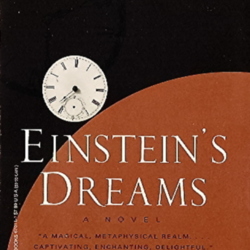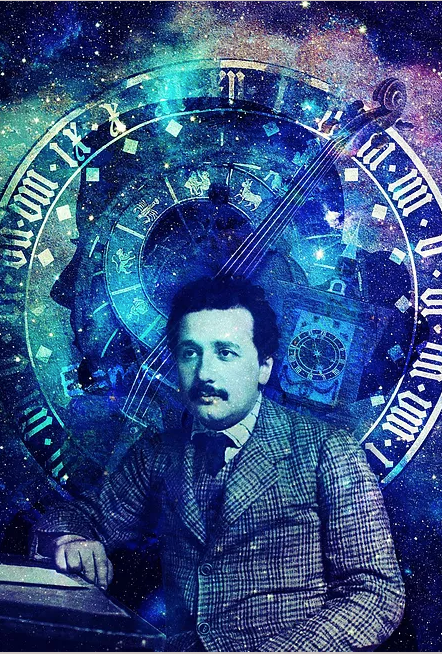


In this paper, we will aim to substantiate the validity of such our thesis, by summarizing, analyzing and reflecting upon Alan Lightman’s 1992 novel Einstein’s Dreams, as we believe that the reading of this particular novel provides people with insight onto what had helped Einstein to succeed with accomplishing one of 20 th century’s most important scientific breakthroughs, and also onto an overall humanitarian significance of Einstein’s theory.Įinstein’s Dreams is the hypothetical retelling of dreams Albert Einstein had supposedly been having through spring and summer of 1905, when he worked on designing the Theory of Relativity. Therefore, it makes perfectly logical sense for physicists to strive to popularize Theory of Relativity to the broader audiences, as they rightly perceive it as such that relates to people’s everyday lives rather directly. Thus, it is quite inappropriate to refer to Einstein’s Theory of Relativity as such that has purely scientific significance – as he have shown earlier, this theory directly relates to the essence of socio-political realities in post-industrial world.

And, once there is no ‘truth’, there is no need indulge in political or religious violence, while trying to ensure the primacy of one ideology/religion over another. What it means is that there can be no ‘truth’ as ‘thing in itself’. The qualitative essence of a discussed subject matter depends on a perspective from we choose to discuss it. Thus, within the methodological framework of Theory of Relativity, the physical constants that have traditionally been associated with the concept of ‘absolute’, such as physical objects’ dimensions, mass and even the flow of time itself are being referred to as relative. In other words, the event A and event B that simultaneously occur in system C, will appear to occur consequentially, when we observe them from the perspective of system D. Therefore, when assessed from the point of view of different systems of coordinates, the spatial subtleties of the same phenomena will appear qualitatively different. The reason for this is simple – ever since Albert Einstein formulated the Theory of Relativity in 1905, the socio-political and religious discourses that revolve around the notion of ‘absolute’, had ceased to represent any ontological value, whatsoever.Īccording to Einstein, it is namely the system of coordinates, within which we perceive the evolution of a particular phenomena, which defines such phenomena’s spatial subtleties.


 0 kommentar(er)
0 kommentar(er)
